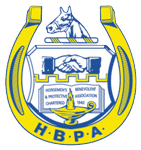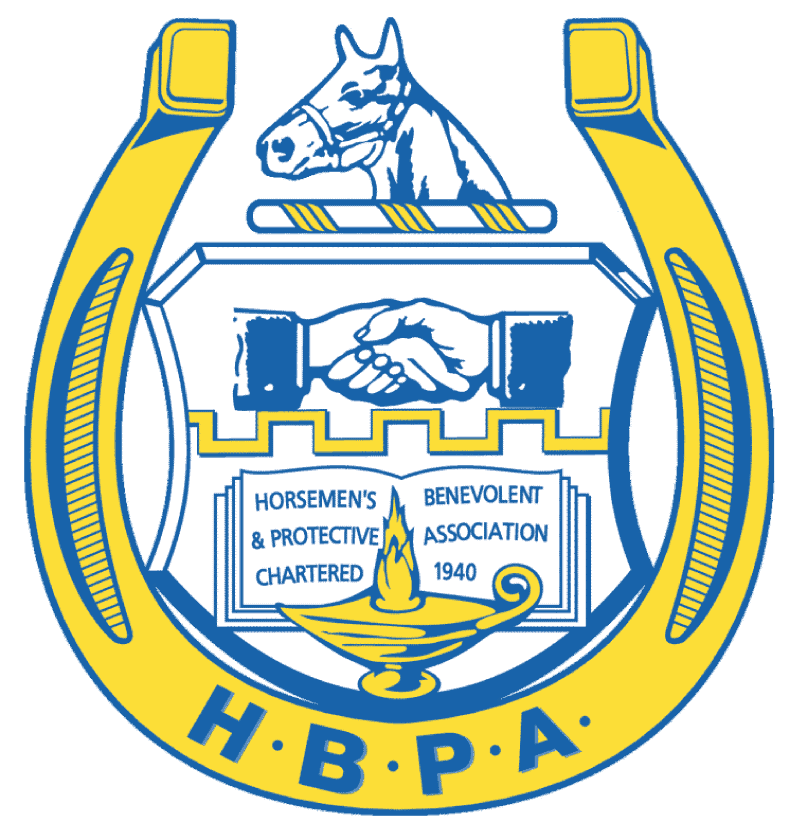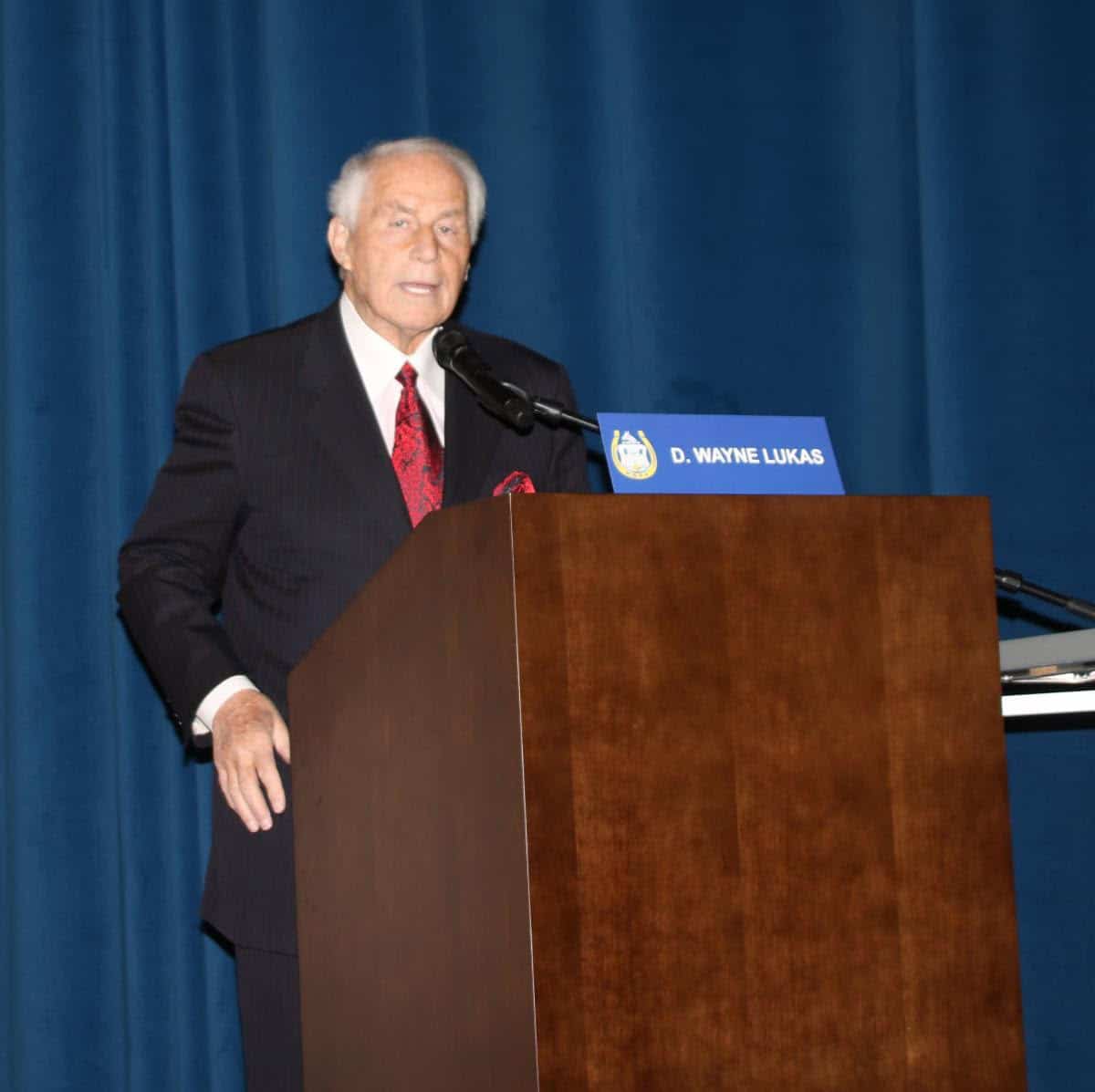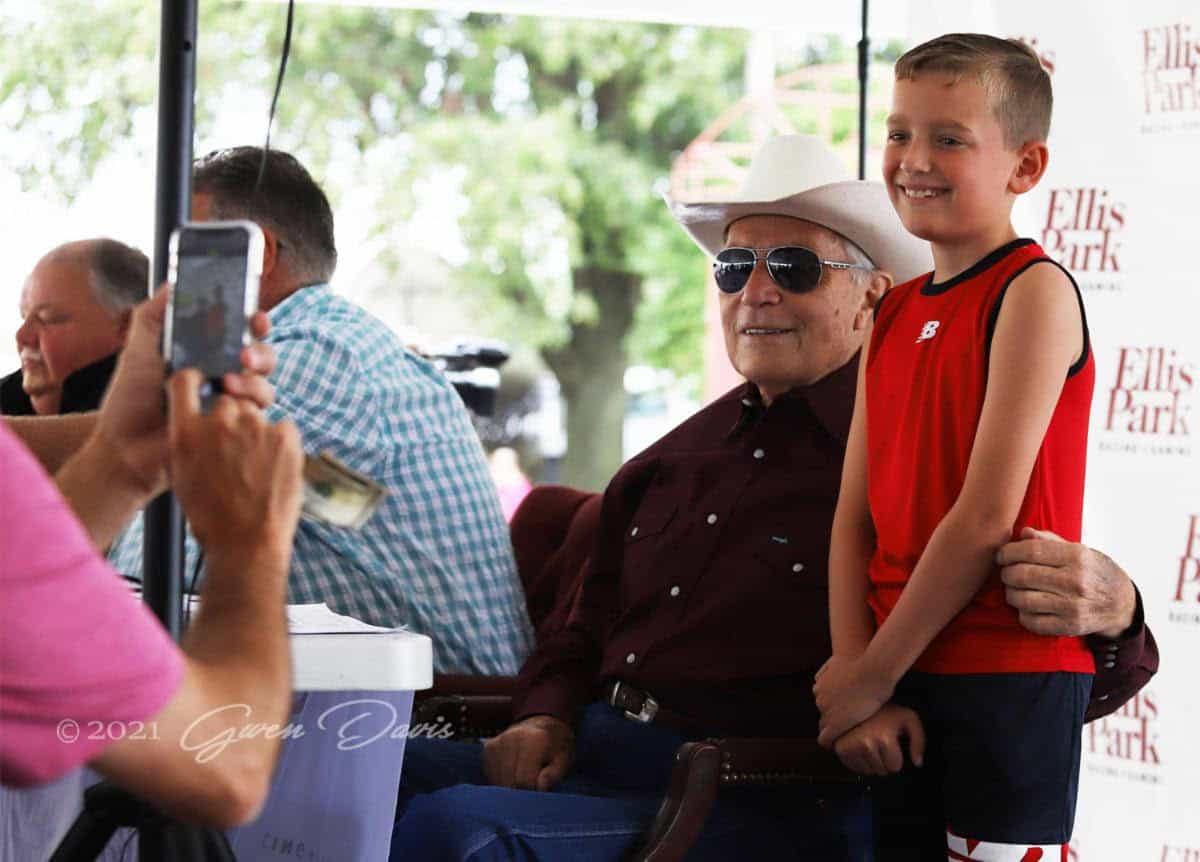National HBPA Conference Panel Addresses Racing’s Chronic Worker Shortage
 Trainers must adjust to the times to have any hope of alleviating the chronic shortage of backstretch workers.
Trainers must adjust to the times to have any hope of alleviating the chronic shortage of backstretch workers.
That was among the takeaways at a panel on guest-worker programs and employee development Friday morning for the National Horsemen’s Benevolent & Protective Association Conference at Oaklawn Racing Casino Resort.
“What does it matter if you want to expand your operation with horses, build a new extension to your farm or barn if you don’t have the workers to muck out the stalls, to care for the horses?” said panel moderator Remi Bellocq, executive director for equine studies at Bluegrass Community and Technical College.
“In many cases, we have valued employees, but how do we keep them?” Bellocq continued. “How do we keep them from running down the street to go work at Amazon? Is it about pay? Is it about housing? Is it work-life balance or a combination? It’s a lot easier to keep somebody than to train a new worker…. Is this an important enough issue for us to start the charge in our industry to elevate workforce to a national issue, just as we’ve done equine welfare and medication? I submit it is.”
Even before COVID hit the world, American horse trainers faced a chronic shortage of workers. Will Velie is one of horse racing’s pre-eminent immigrant attorneys. However, he emphasized the necessity of the industry to build a pipeline nationally to find, train and retain American employees. He said it’s vital to show the government the programs and efforts that horse racing makes to recruit domestic workers before requesting visas to provide a supplementary workforce.
Oscar Gonzales, a member of the California Horse Racing Board who also is assistant secretary for the U.S. Department of Agriculture, echoed that the industry can’t bank on immigration reform coming to the rescue. But he offered a glimmer of hope through the Farm Workforce Modernization Act that has passed the U.S. House and is pending before the Senate. That bill would allow non-U.S. residents working in agriculture to receive Certified Agricultural Worker Status and put them on a path to being lawful, permanent residents.
“I try to remind people in the horse-racing industry there is tremendous upside to embracing our agricultural roots,” said Gonzales, who worked as a groom growing up and through college. “We’ve just got to figure out a way to get workers on racetracks … eligible for that.”
The panelists encouraged trainers to learn about and utilize existing resources that could make a difference for employees’ quality of life. Those include access to education with programs such as Bellocq’s at BCTC, the Groom Elite courses offered at many tracks and English lessons.
Panelist Dr. Reid McLellan developed the Groom Elite program to improve the horsemanship skills of backstretch workers.
McLellan said that his team will take its training program to wherever there is a potential employment pool, such as correctional facilities. He said that also could include an area such as western Kentucky, where hundreds of chicken- and candle-factory workers are without jobs, homes or transportation in the wake of the devastating tornadoes in December.
Bellocq said such training programs can play an important role in the welfare of racehorses.
“A trainer hires a guy and he’s on his phone trying to figure out how to put bandages on,” he said, citing a real-life example, because the trainer didn’t have any way of verifying ‘what can this person actually do as far as his skill level?’ That’s one of the things we need to do.”
Gonzales noted there is a lot of grant money available if horsemen and their representatives develop partnerships with entities such as community colleges, chambers of commerce and health clinics.
“It is so incumbent upon us to tell our story, especially to policymakers,” he said. “Never let an opportunity go by to have your voice heard.”
Bellocq, who said the vast majority of his BCTC students are female, said it’s a different world than when he came on the racetrack in 1975.
“You have to adapt; you can’t make the workforce change for you,” he said. “If a young gal graduates from our program, she’ll say, ‘I don’t want to work for Amazon. They’re offering me more money, retirement, insurance. But I love horses. So meet me half-way. Pay me enough so that’s not a temptation for me to go work over there.’… The trainers, the owners, the farm managers who get that and understand that are the ones who are retaining their workers longer. The ones who refuse to change have a lot of turnover.
“… As business people, as horsemen, we’re no different than the guy who has a landscaping or construction business down the road or Amazon. Either we compete and compete successfully for the workforce, or we don’t. It’s not a gray area.”
(Panelist Julio Rubio, the Kentucky HBPA’s Hispanic and backside services coordinator who also works across the country as a consultant, said the No. 1 thing backstretch employees say they’d like is a day off a week.)
Another thing facing today’s horsemen is the extensive paperwork both employees and employers must fill out to be in compliance with labor regulations. McLellan spelled out best practices in managing a stable’s workforce, recommending horsemen do a self-evaluation of their stable.
“The question to ask when you get done is: Would I work for me?’” he said. “… Make a labor plan. Let’s sit down and look at a budget and see how can we afford to do the things we need to do to be competitive in the marketplace. Take advantage of what organizations like the HBPA offer. Because we do have access to bring in accountants, human resources people. We provide a lot of service. Because if you train your team, they will help you train your horses.”
Louis Cella: Oaklawn proof tracks, horsemen can work together
Louis Cella called Oaklawn Racing Casino Resort “the model venue” in Friday remarks before the National HBPA Conference. Cella, who succeeded his late father Charles Cella as Oaklawn’s president in 2017, didn’t have to elaborate as the annual horsemen’s conference was staged at family-owned locale.
“I believe we have created here at Oaklawn the model venue for the future of horse racing,” said Cella, referencing the casino, hotel, restaurants and spa that are integrated into the racetrack. “This could not have happened without our firm relationship with the Arkansas HBPA, led by Bill Walmsley. Active for over 40 years in our industry, Bill Walmsley is a true horseman.
“People often ask how Oaklawn and our HBPA are consistent leaders in our industry. Well, it starts with Bill Walmsley. It also starts with checking our agendas at the door. So how do we do it? Well, we get along. We also like each other, which is a rarity in the world we live in today. And we have common and shared goals, creating the very best racing venue, the very highest purses for our owners and the very safest racetrack for our horses. We have a track committee, like many others, but it’s made up of several trainers and jockeys who meet on a regular basis with management to discuss the various track conditions. We test our track surface every three weeks or even more frequently to make sure the mix is appropriate.
“… A few years ago, when there was an outcry about Lasix, Clenbuterol and shockwave therapy, select members of the Arkansas HBPA met confidentially with management to find solutions. Think about that. In your respective jurisdictions, I suspect none have met confidentially with management to discuss racing’s ills to try to find solutions. As a result of these discussions, we banned Clenbuterol, we banned shockwave equipment and we give patrons notice if our horses require a higher dose of Lasix. Some tracks have followed us, but it all started here at Oaklawn a number of years ago. This proves we can work together.
“In addition, we have agreed to randomly test hair follicles for horses throughout the meet so that we all can learn what our live blood — the horse — has grown up with. No names are associated with this. No penalties are issued with this. Only the results, so we all can learn as an industry rather than just conjuring up rhetoric and supposition.
“Visiting Oaklawn Racing Casino Resort, you will see first hand how racing cannot only survive but thrive — and grow and expand and excel.”
Walmsley, the Arkansas HBPA president, said in his introduction of the Oaklawn president that he soon found out that Cella “was not afraid of change. Since 2017, there have been more changes at Oaklawn Park than at any time I have served the Arkansas HBPA.”
“We’d probably talked for 15 years about extending our race meet past the Arkansas Derby. Louis said, ‘That’s a great idea’ and immediately implemented it. This hotel, he built for $100 million or so, and he did it in the height of the pandemic, at a time when most of us were pulling back and hunkering down
“I didn’t think I would meet an individual in racetrack management who loved the races any more than Charles Cella did. However much I might have disagreed with him, the one thing I knew is that he loved racing. But I have found someone who loves racing just as much” in Louis Cella.
Also Friday: Dr. Kevin Keegan, a professor of veterinary medicine and surgery at the University of Missouri, explained the Equinosis Q with Lameness Locator he and collaborators developed from their research in kinematics and lameness. The biomechanical-care platform is a real-time, handheld, field-based system that enables a veterinarian to objectively measure lameness with non-invasive inertial sensors utilized while horses trot.
Drs. Thomas Tobin and Clara Fenger updated the audience on the impact the Horseracing Integrity and Safety Act could have on trainers and caring for horses under its current proposed medication rules, which are subject to change.
National HBPA president calls conference worth the wait
The National HBPA Conference concluded with Saturday morning’s board meeting. National HBPA President Dr. Doug Daniels praised the Arkansas HBPA and the National HBPA staff for their efforts in staging the well-attended conference held at Oaklawn Racing Casino Resort in Hot Springs, Ark.
“Beautiful venue, every well-hosted,” Daniels said after his first national conference as the HBPA president. “The program was well put together and timely from a standpoint of content. The panelists were all very interesting. The discussions were well-moderated. The information gleaned from each panel member was put out in a way that I think everyone in attendance was receptive to and learned something.
“Clearly we couldn’t do this without the attendees. They seemed as enthralled with the presentations as I was. And any attendee that didn’t get enough to eat, they just didn’t try hard enough.”
Daniels said the conference was worth the two-year wait, with COVID forcing the cancelation of the 2020 event scheduled for Hot Springs. (The rescheduling also allowed the conference to be in Oaklawn’s new hotel.)
“It’s really nice to see our horsemen again in person, not virtual, and unmasked to where we can see each other, talk to each other and interact,” Daniels said. “I think it just reminded us how much we’ve missed and how important it is to come together and to interact in this way.”





